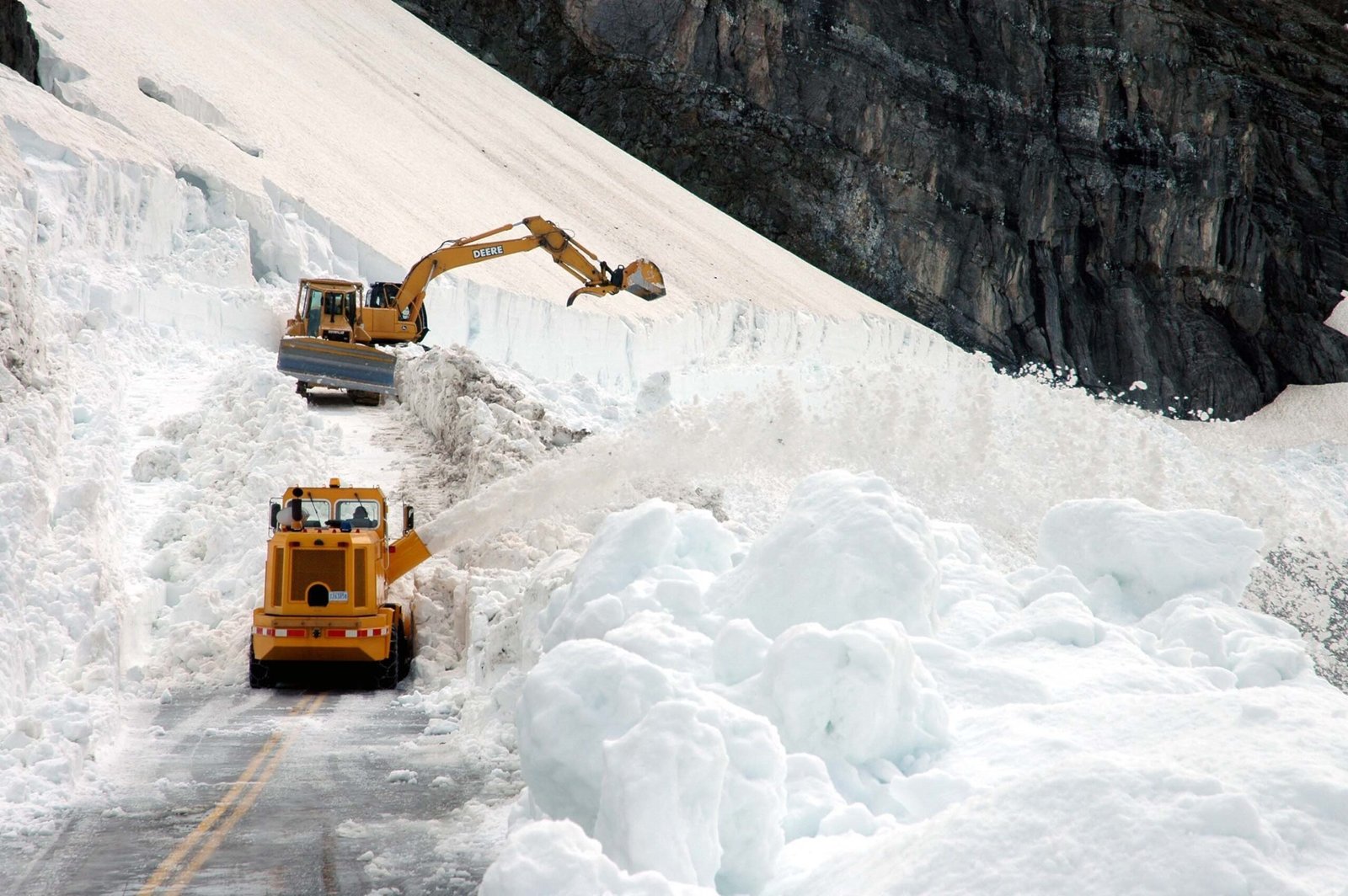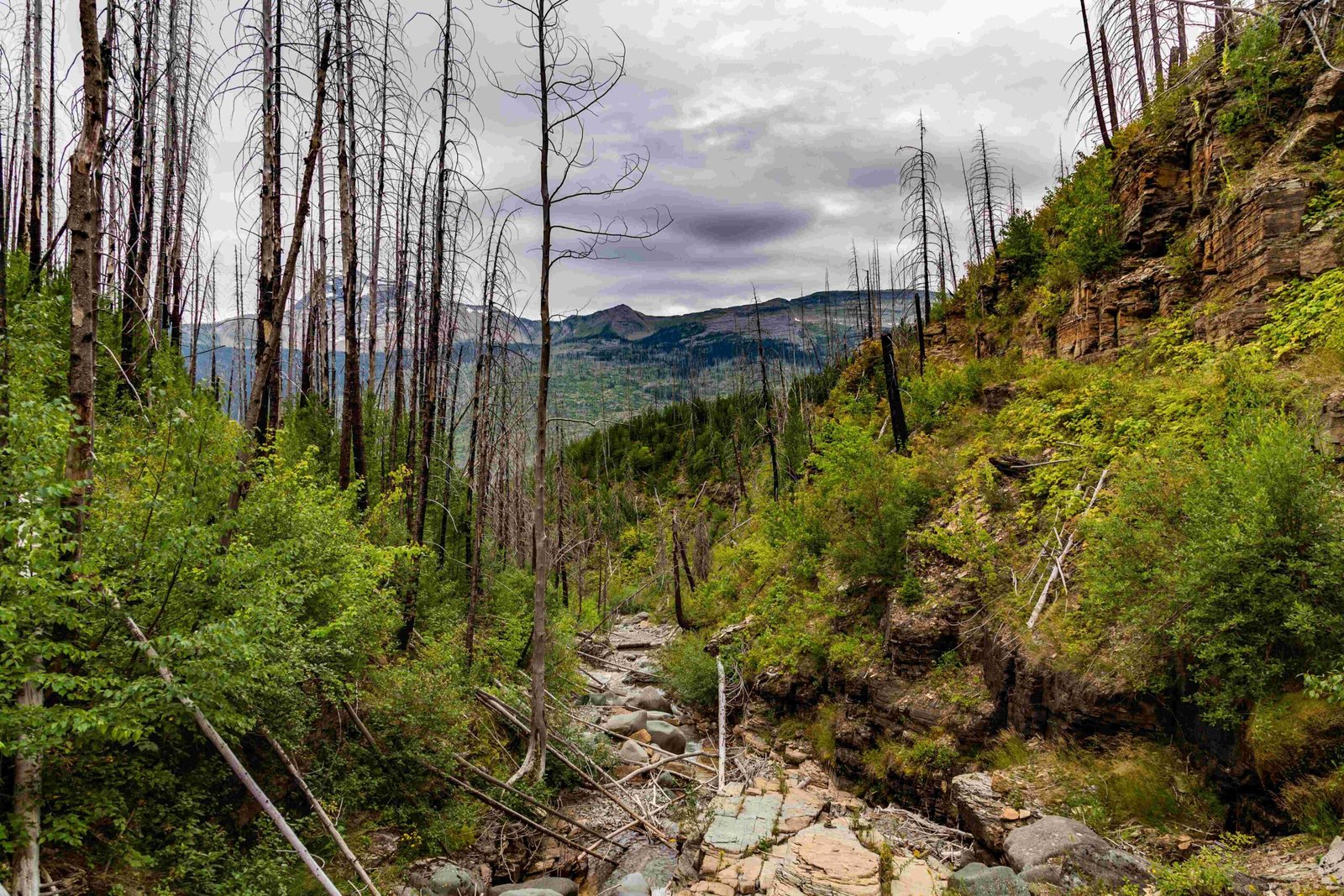Glacier National Park, renowned for its breathtaking vistas, offers a stunning landscape that captivates photographers and nature enthusiasts alike. With over a million acres of pristine wilderness, the park boasts towering mountains, crystal-clear lakes, and diverse wildlife. This article explores the best vantage points, optimal photography conditions, and essential information for capturing the awe-inspiring beauty of Glacier National Park’s landscape.
What Are the Best Vantage Points for Capturing This Stunning Landscape in Glacier National Park?

Glacier National Park offers numerous trails and viewpoints that showcase its stunning landscape. Here are some of the most spectacular locations:
- Highline Trail
- Distance: 14.9 miles
- Elevation Gain: 2,621 feet
- Difficulty: Hard
-
Features: Panoramic views of mountains and valleys, follows the Continental Divide
-
Hidden Lake Trail
- Distance: 5.1 miles (full trail), 2.7 miles (to overlook)
- Elevation Gain: 1,338 feet (full trail), 460 feet (to overlook)
- Difficulty: Moderate (full trail), Easy (to overlook)
-
Features: Views of Hidden Lake, alpine meadows, wildlife sightings
-
Grinnell Glacier Trail
- Distance: 10 miles
- Elevation Gain: 2,047 feet
- Difficulty: Hard
-
Features: Views of Grinnell Glacier, alpine meadows, dramatic cliffs, pristine lakes
-
Siyeh Pass Trail
- Distance: 9.8 miles one way
- Elevation Gain: 2,244 feet
- Difficulty: Hard
-
Features: Views of Sexton and Piegan Glaciers, high-elevation pass with panoramic vistas
-
Apgar Lookout Trail
- Distance: 7.1 miles round trip
- Elevation Gain: 1,845 feet
- Difficulty: Moderate
- Features: Views of snow-capped peaks and Lake McDonald
When Is the Best Time to Photograph This Stunning Landscape in Glacier National Park?

The optimal time for landscape photography in Glacier National Park varies depending on the season and desired aesthetic:
Seasonal Considerations
- Summer (June to August)
- Pros: Ideal for wildflowers, lush greenery, warm weather
-
Cons: Peak tourist season, crowded trails
-
Fall (September to October)
- Pros: Golden foliage, fewer crowds
-
Cons: Shorter days, potential for early snowfall
-
Spring (May to June)
- Pros: Snow-capped mountains, blooming wildflowers
-
Cons: Some trails may still be snow-covered
-
Winter
- Pros: Serene snowy landscapes, fewer visitors
- Cons: Limited access to trails and roads
Optimal Lighting Conditions
- Sunrise: Typically 5:30 AM to 6:30 AM in summer
- Sunset: Around 8:00 PM to 9:00 PM in summer
Both sunrise and sunset offer soft, golden light ideal for landscape photography.
What Amenities Are Available for Photographers in Glacier National Park?
Photographers visiting Glacier National Park should be aware of the following amenities and restrictions:
Parking and Facilities
| Location | Parking Availability | Restroom Facilities |
|---|---|---|
| Logan Pass Visitor Center | Limited, fills quickly | Available |
| Trailheads | Designated areas, can fill up | Often pit toilets, no running water |
Equipment Usage Restrictions
- No pets allowed on most trails (except service animals)
- Drones are generally prohibited
- Commercial photography requires a permit
Are There Guided Tours or Workshops for Landscape Photography in Glacier National Park?
Yes, several options are available for photographers seeking guidance in capturing this stunning landscape in Glacier National Park:
- Park Service Guided Hikes
- Offered by Glacier National Park
- Range from easy day hikes to multi-day backpacking trips
-
Focus on natural history and park features
-
Photography Workshops
- Offered by private companies
- Typically include:
- Expert guidance on photography techniques
- Visits to key vantage points (e.g., Logan Pass, Hidden Lake, Grinnell Glacier)
- Tips on composition, lighting, and wildlife photography
- Usually have small group sizes for personalized attention
- Often scheduled during optimal lighting conditions (early morning and late evening)
How Can Photographers Prepare for Changing Weather Conditions in Glacier National Park?
Weather in Glacier National Park can be unpredictable, so photographers should be prepared for various conditions:
- Layer Clothing
- Temperatures can fluctuate dramatically throughout the day
-
Bring waterproof outer layers for unexpected rain or snow
-
Protect Equipment
- Use weather-sealed camera gear if possible
- Bring rain covers for cameras and lenses
-
Pack extra batteries (cold weather can drain them quickly)
-
Monitor Weather Forecasts
- Check park website or visitor centers for up-to-date conditions
-
Be prepared to adjust plans based on weather changes
-
Carry Essential Supplies
- Water and snacks
- First aid kit
- Map and compass (or GPS device)
- Headlamp for early morning or late evening shoots
What Unique Landscape Features Should Photographers Focus on in Glacier National Park?
Glacier National Park offers a diverse array of stunning landscape features that photographers should consider capturing:
- Glaciers
- Grinnell Glacier
- Sperry Glacier
-
Jackson Glacier
-
Lakes
- Lake McDonald
- St. Mary Lake
-
Two Medicine Lake
-
Mountain Peaks
- Going-to-the-Sun Mountain
- Mount Gould
-
Mount Siyeh
-
Waterfalls
- Virginia Falls
- St. Mary Falls
-
Running Eagle Falls
-
Wildlife
- Mountain goats
- Bighorn sheep
-
Grizzly bears (from a safe distance)
-
Wildflower Meadows
- Logan Pass area
-
Highline Trail
-
Autumn Foliage
- Aspen groves in Many Glacier area
- Larch trees in higher elevations
By focusing on these unique features, photographers can capture the essence of this stunning landscape in Glacier National Park.